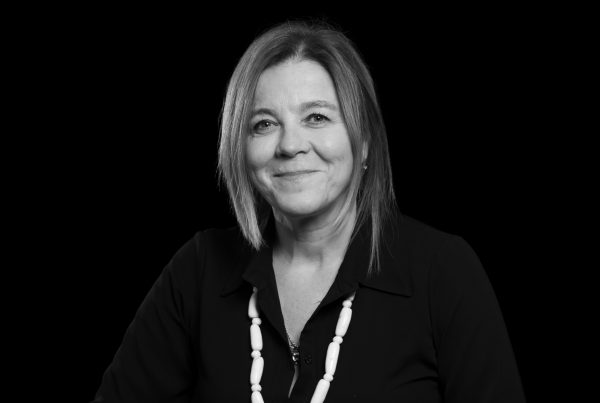Patrizia Ziveri is ICREA Research Professor at ICTA-UAB where she coordinates the Marine and Environmental Biogeosciences Research Group (MERS) that catalyzes research on the natural and human-driven marine processes and sustainability challenges. Before joining ICREA, she obtained her PhD at the University of Padua (Italy) / University of South Carolina (USA), focusing on the impacts of El Niño climate oscillations on calcareous phytoplankton in the Eastern Pacific Ocean. After a postdoc at USC, she moved to the Vrije Universiteit Amsterdam, as a research scientist / associate professor. She led the first European coordinated effort to address ocean acidification in the Mediterranean Sea (2011-14). She was the Scientific Director of the ICTA-UAB Center of Excellence ‘María de Maeztu’ (2015-20).
Research interests
Her broad scientific interest is on marine global environmental change, ecology, and biogeochemistry at various time scales and complexity. She focuses on multidisciplinary investigation from target marine organisms at the base of the food web, to marine microplastics and biogeochemical processes. With her research group she works on the ocean in a changing climate and under human pressure, linking CO2 dynamics, climate change and target marine processes. She is interested in pressing threats to the marine environment and their societal relevance, such as ocean acidification, warming and oxygen loss in different regions, both in coastal systems and open seas, from social to biogeochemical processes. With her group, she developed a specific laboratory to address marine microplastics. She also supports socially relevant marine studies in coastal Africa. Her research is bridging the natural and social systems on issues of major societal and sustainable development concern.
Selected publications
- Simon-Sánchez L, Grelaud M, Lorenz C, Garcia-Orellana J, Vianello A, Liu F, Vollertsen J & Ziveri P 2022, 'Can a sediment core reveal the Plastic Age? Microplastic preservation in a coastal sedimentary record', Environmental Science & Technology, 56, 23, 16780–16788.
- Johnson R, Langer G, Rossi S, Probert I, Mammone M & Ziveri P 2022, 'Nutritional response of a coccolithophore to changing pH and temperature', Limnology and Oceanography, 67, 10, 2022, 2309-2324.
- Mallo M, Ziveri P, Rossi S & Reyes-García V 2022, 'Local and tourist perceptions of coastal marine habitats in Cap de Creus (NE Spain)'. Regional Environmental Change 22, 73.
- Rossi S, Bramanti L, Horta P, et al. 2022, 'Protecting global marine animal forests', Science, 376, 6596, p. 929.
- Hassoun, AER, Bantelman A, Canu DM, Comeau S, Galdies C, Gattuso J-P, Giani, M Grelaud M, Hendriks IE, Ibello V, Idrissi M, Krasakopoulou E, Shaltout N, Solidoro C, Swarzenski PW & Ziveri P 2022, Ocean Acidification Research in the Mediterranean Sea: Status, Trends and Next Step, Section Marine Biogeochemistry, Frontiers in Marine Science, 9, 892670.
- Subhas AV, Dong S, Naviaux JD, Rollins NE, Ziveri P et al. 2022, 'Shallow Calcium Carbonate Cycling in the North Pacific Ocean', Global Biogeochemical Cycles, 36, 5, e2022GB007388.
Selected research activities
Bridging the gap between social and natural sciences in ocean acidification in Africa: Earth System approach, Ocean acidification adaptation and resilience in Africa, #Atoms4Climate, IAEA, COP27, Sharm El-Sheikh, Egypt, Invited.
Ocean research and capacity building in Africa resulting in the first marine program in Liberia named Patrizia Ziveri School of Marine Sciences of the United Methodist University in Monrovia, Liberia.
